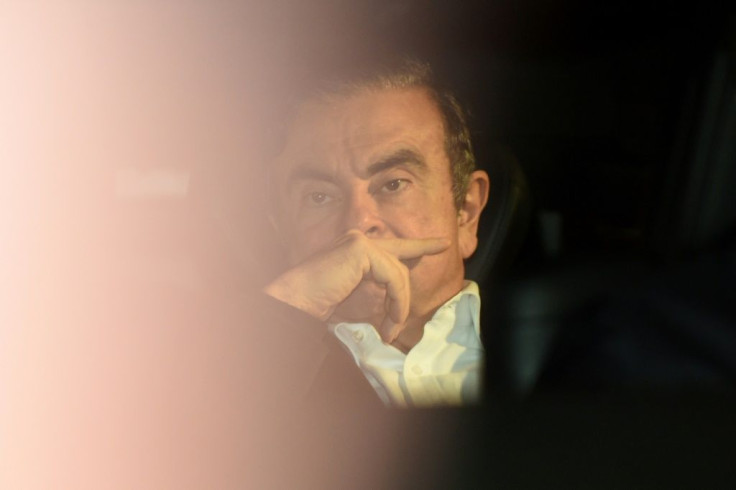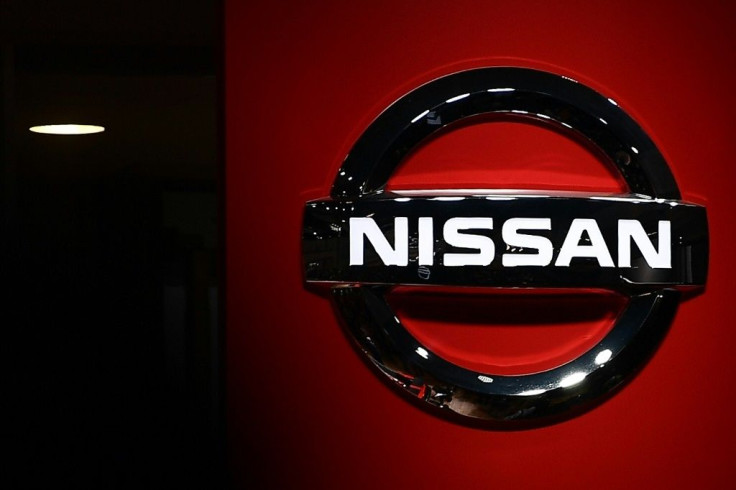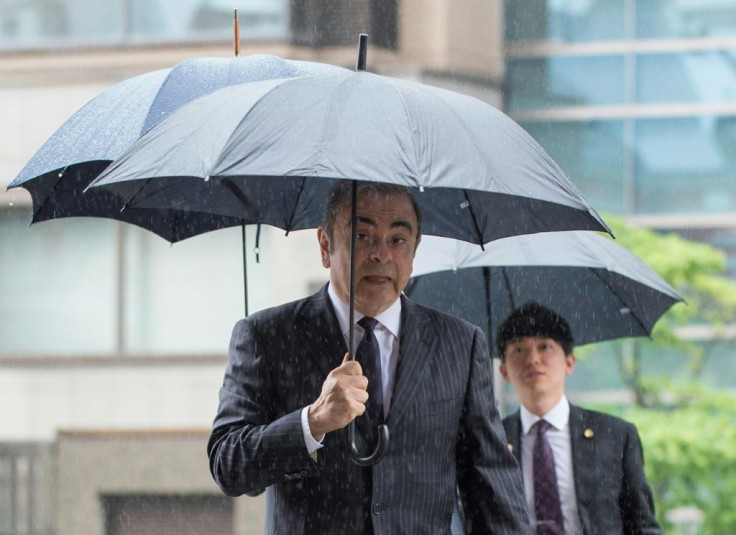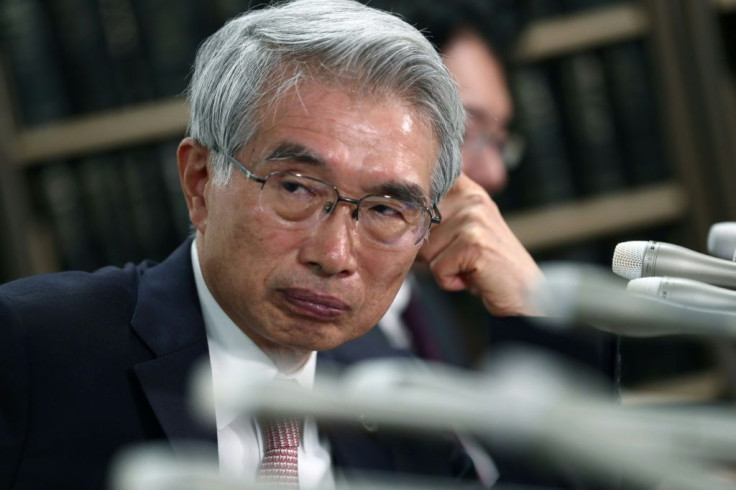Ghosn Wants Case Dismissed Over 'Prosecutor Misconduct'

Ex-Nissan chief Carlos Ghosn on Thursday called for the case against him to be dismissed, saying the charges were politically motivated and accusing Japanese prosecutors of a "pervasive pattern of illegal misconduct".
The claims, made in two filings to the Tokyo District Court, allege prosecutors colluded with Nissan and effectively subcontracted out their investigation to employees of the automaker who were trying to oust Ghosn.
"The prosecutors' case, which was politically motivated and poisoned from the start, is fundamentally flawed and contradicted by the evidentiary record," Ghosn's lawyers said in a statement.
Ghosn is out on bail in Tokyo, awaiting trial on four charges of financial misconduct. He denies any wrongdoing and laid out his defence again Thursday.
The filings formalise claims Ghosn has made previously -- that the allegations against him stem from resentment within Nissan over his plans to more closely integrate the firm with its alliance partner, French automaker Renault.
Along with Mitsubishi Motors, Nissan and Renault form a leading auto alliance, but relations inside the partnership have been tense at times.

Ghosn's legal team claim the opposition to further integration of the car firms drew in even government officials from Japan's trade ministry METI.
'Unlawful collusion'
"The prosecution against him resulted from unlawful collusion between the prosecutors, government officials at METI, and executives at Nissan," Ghosn's legal team said in a statement.
"Our argument is that this case itself is made up," Ghosn's lawyer Junichiro Hironaka told reporters.

"Concerns arose within Nissan that, should Mr Ghosn stay, the company might become absorbed by Renault. So they wanted to oust him and decided to cook up a case."
The filings made Thursday do not compel a response from the court before the trial begins, which Ghosn's legal team have said may not be before next April.
But they lay out their strategy for attacking the case against him, as well as his defence on the specific charges.

Contacted by AFP, the prosecutor's office had no immediate comment.
The allegations are the latest twist in a case that has gripped the business community since Ghosn's shock arrest last November.
The formerly high-powered executive was detained as he landed in Tokyo on a private jet and spent 108 days in detention before winning bail and emerging in a bizarre workman's disguise.
He was rearrested not long afterwards, as prosecutors added to his charge sheet, but won bail for a second time after spending another 21 days in detention.
His release came with strict conditions, including restrictions on seeing his wife and bail of $4.5 million.
'Hostage justice'
Ghosn faces a constellation of accusations, including charges of under-reporting his compensation, using Nissan money to pay back acquaintances and skimming company funds for personal use.
He denies all the allegations, saying the compensation in question had not been finalised, that his payments with Nissan funds were to company partners and had been approved, and that he never used the automaker's money for himself.
Ghosn's lawyers argue however that the case as a whole should "never have been brought," calling it an "abuse of the official authority of criminal prosecution."
But it remains unclear how sympathetic a court will be to the argument, in a system where prosecutors rarely lose cases.
"The Japanese court is not brave, so we fully assume the possibility that we will go to trial, and we are making the argument that in all circumstances, he is not guilty," Hironaka said.
Japanese prosecutors argue their unusually high conviction rate reflects a policy of only bringing strong cases backed by sufficient evidence.
But Ghosn's case has thrown the spotlight on a legal system that detractors argue uses lengthy pre-trial detentions to try to extract confessions from suspects, which critics dub "hostage justice".
© Copyright AFP {{Year}}. All rights reserved.





















